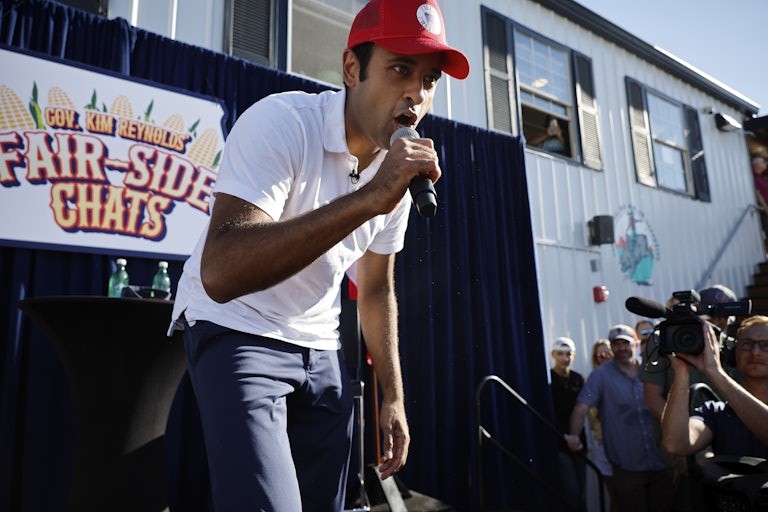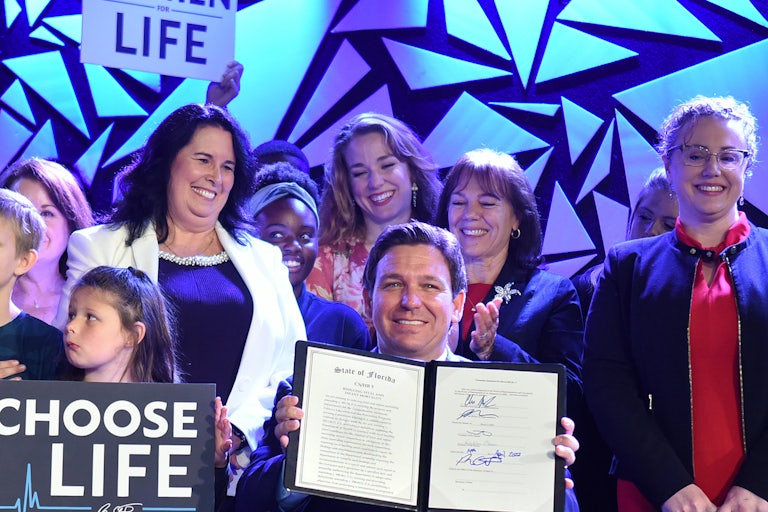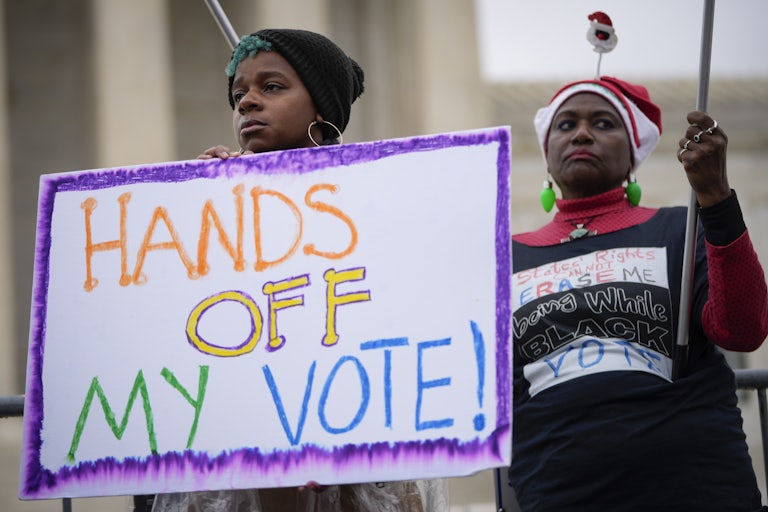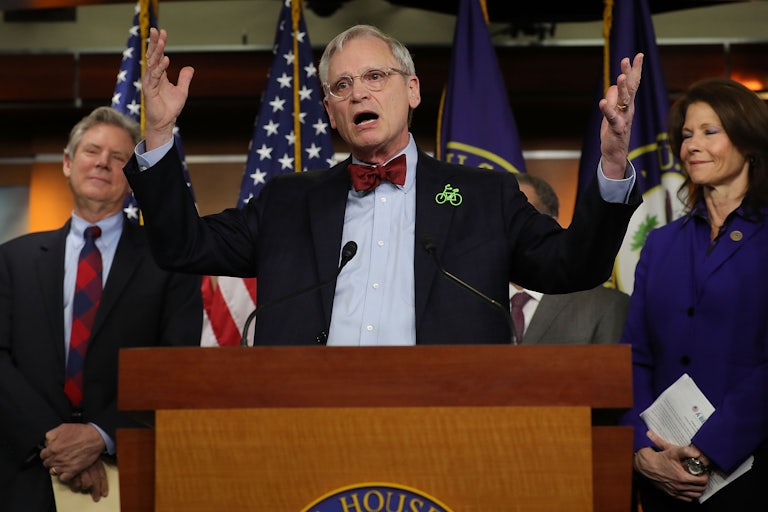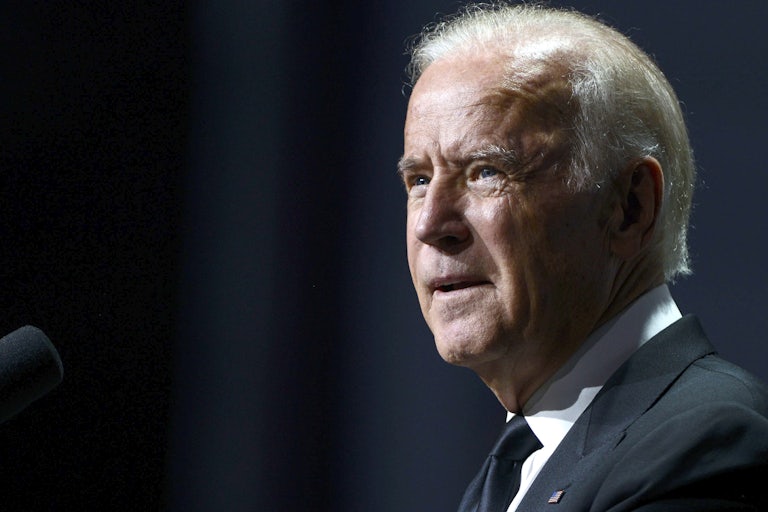Nikki Haley Is Driving Ron DeSantis’s Team Insane
The Florida governor’s aides are turning on one another as his support in the GOP primary decreases.

Ron DeSantis’s team can’t decide how to respond to Nikki Haley’s growing success in the presidential race. The infighting is so bad that some advisers are turning on each other.
Two leaders of DeSantis’s Never Back Down super PAC nearly got into a fistfight during a private meeting last week to discuss how to push back on Haley, NBC News reported Tuesday.
“You have a stick up your ass,” Never Back Down’s top consultant, Jeff Roe, told fellow board member Scott Wagner, according to an anonymous source who was in the room.
“Why don’t you come over here and get it?” demanded Wagner, a longtime DeSantis adviser. He had to be restrained by two other board members.
After the meeting, three close DeSantis allies launched a second super PAC for the Florida governor called Fight Right Inc. The move was partly urged by DeSantis and his wife, Casey, who are growing increasingly frustrated with Never Back Down’s leadership team, NBC reported.
DeSantis was once lauded as the natural successor to Donald Trump, but his campaign has failed to launch. When Haley first announced her candidacy, her support was in the single digits. She was far behind DeSantis, and even further behind front-runner Donald Trump.
But a Monmouth University poll released last week showed that Haley has surpassed DeSantis and now boasts a sizable lead over the Florida governor—even though she still trails the former president by a significant distance. Trump is still comfortably in first place with 46 percent support. But Haley has taken second place with 18 percent. DeSantis, meanwhile, trailed behind at a paltry 7 percent.
DeSantis’s major donors have grown frustrated with his lack of momentum, and one of his biggest former backers is considering switching to team Haley. Billionaire Ken Griffin, a Republican megadonor, told Bloomberg last week that he is “actively contemplating” donating to Haley’s campaign.
Griffin was DeSantis’s biggest donor during the 2022 election, giving $5 million to his gubernatorial reelection campaign. Griffin also repeatedly said he would “love” to see DeSantis run for president in 2024. But Griffin changed his mind in September, withdrawing his support from DeSantis in part due to the governor’s weird feud with Disney.
